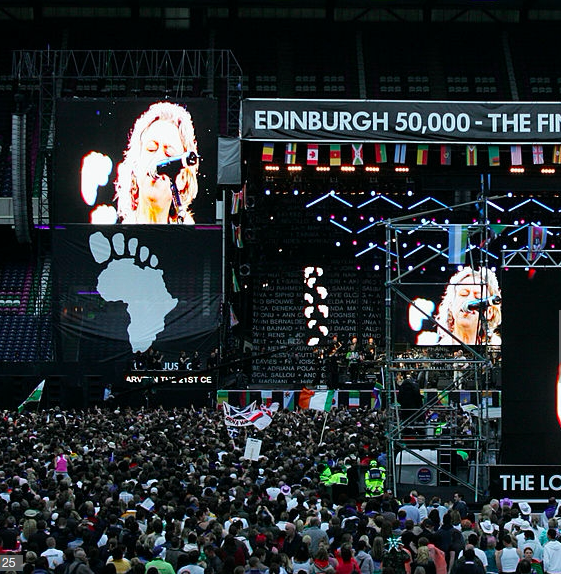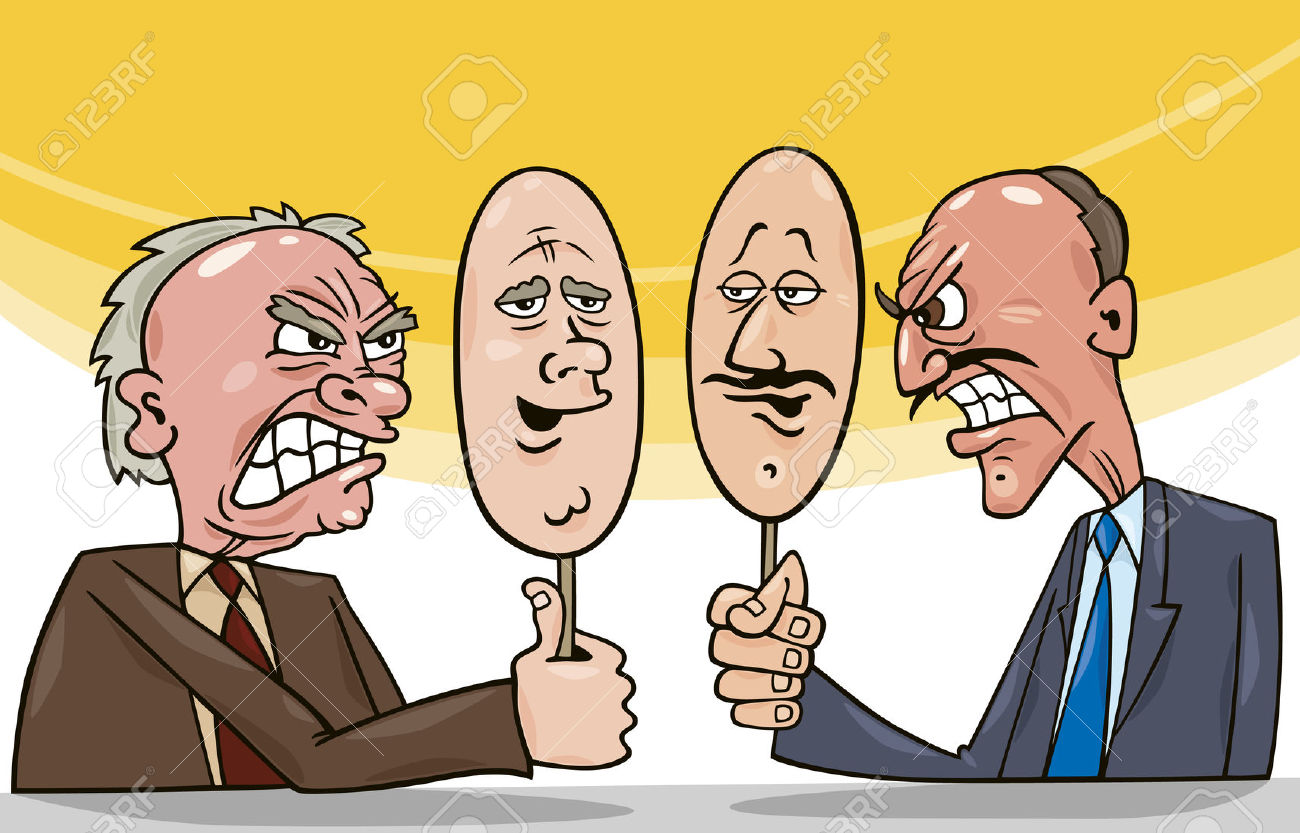Got a good story?
Ever since I started in advertising I’ve found that it lends itself to some great stories. Maybe the valve salesmen, newsagents and accountants are similarly blessed, but I somehow doubt it.
Proximity to celebrities, foreign travel, big budgets, smart and funny people… Combine those elements and you often have tales worthy of repeating on a blog, even fifteen years after they happened.
I’ve heard quite a few, but there are plenty that must have passed me by, so I’m going to give you one of mine, and hopefully that will inspire you to give me one of yours…
In the middle of 2005 my agency, AMV BBDO, was working on the campaign for Make Poverty History. Mary Wear wrote the line, Paul Belford art directed it, and the rest of us came up with some nice little bits and pieces on the side.
Daryl and I created a poster for the Long Walk To Justice that then became the security lanyard for everyone at the Scottish leg of Live 8. It was worn by none other than George Clooney, the Proclaimers and the great Natasha Bedingfield. But that wasn’t the best bit.



A week or two before the concert our boss Peter Souter invited us along to the Portobello offices of the event’s primary driver, Richard Curtis. Ten or fifteen of us, seemingly selected at random, were seated on sofas around a coffee table.
“Right,” said Richard. “What we have to do today is work out the last song that will be sung at Live 8.”
Daryl and I looked at each other, checking that we’d both heard the same thing: we were to be among the people who might choose what Paul McCartney, The Who and Madonna would be singing at Hyde park in front of maybe a billion people.
Cool.
Images of all those 1985 pop stars belting out ‘Do They Know It’s Christmas’ at Wembley flashed before our eyes. In those non-war times, when none of us privileged white dudes were likely to become the next Mandela or Gandhi, this was probably the easiest path we could take to shaping some tangential semblance of ‘history’.
Now, I know what you’re thinking: ‘I’d have chosen X, and that would have been the best and greatest choice, and that would be easy peasy’. Well, far be it from me to disabuse you of your hubris, but there were a few parameters that only appeared when it was time to shoot down a suggestion:
How about Heroes by David Bowie? Great vibe and message, but no one knows the words beyond ‘We could be heroes, just for one day’.
All You Need Is Love? That’s a Lennon song. You can’t ask McCartney to sing a Lennon song.
A re-do of Do They Know It’s Christmas? Come on. It’s happening in July.
I don’t remember anyone actually suggesting the winning number, but the afternoon was definitely one of those moments where I had no regrets about the career I’d chosen.
Thanks, Peter and Richard.
If you want to know the final choice, it was a Macca-friendly tune that anyone could sing along to ad infinitum:
Your move, blog reader…


